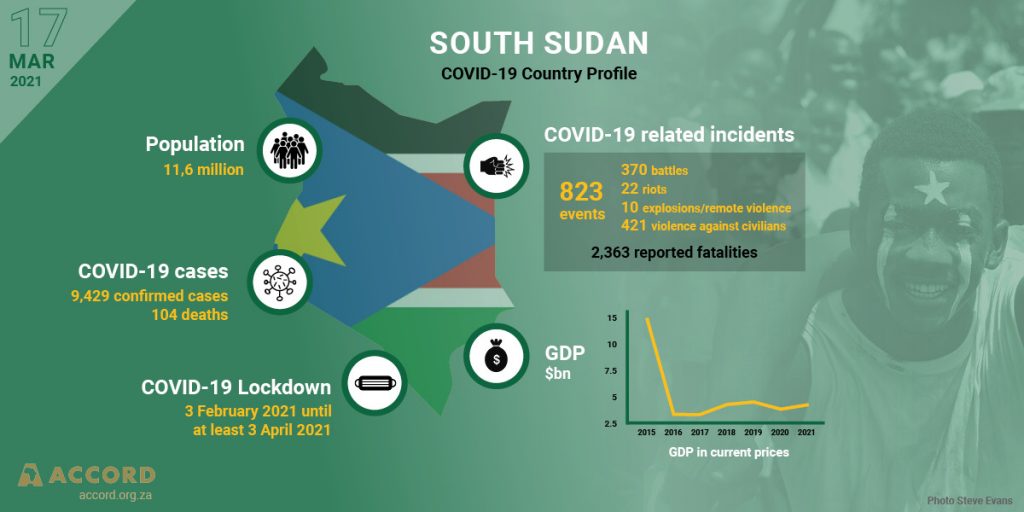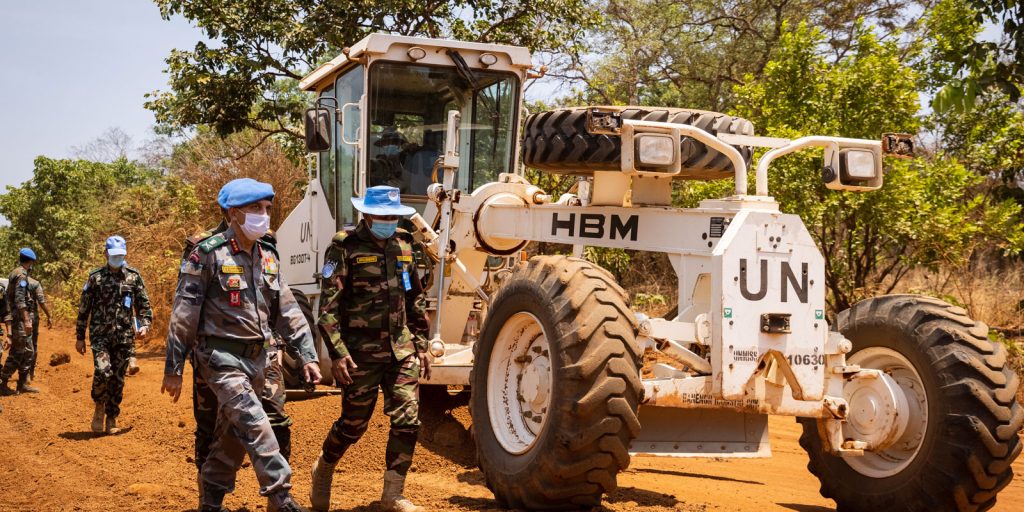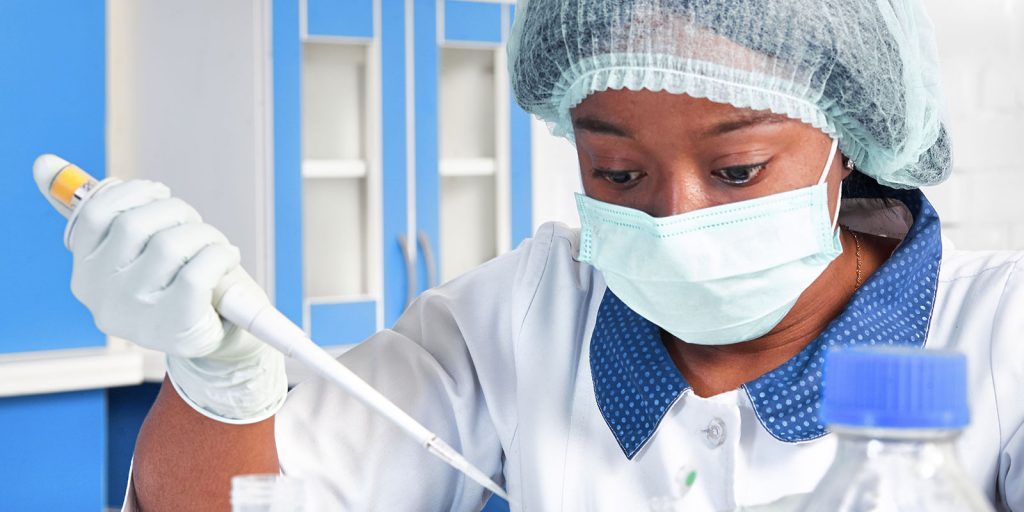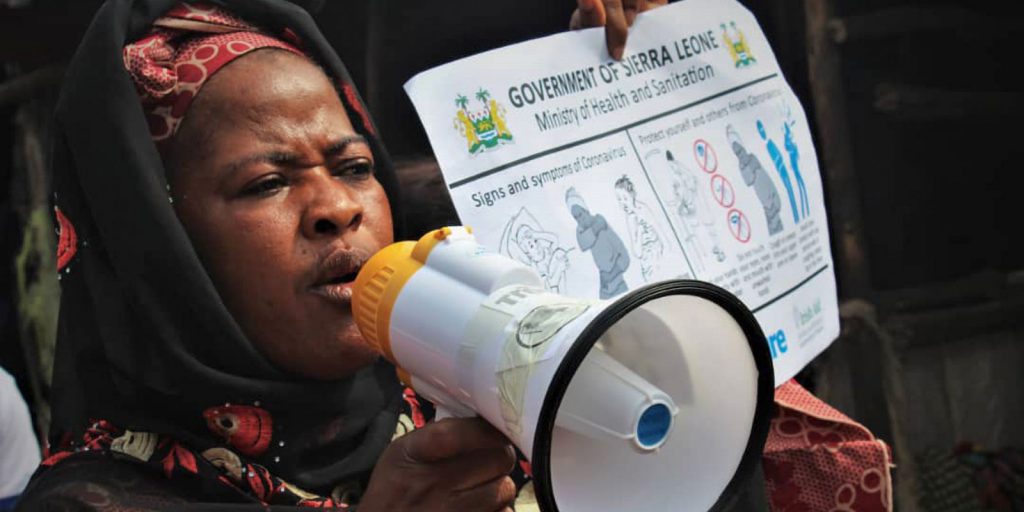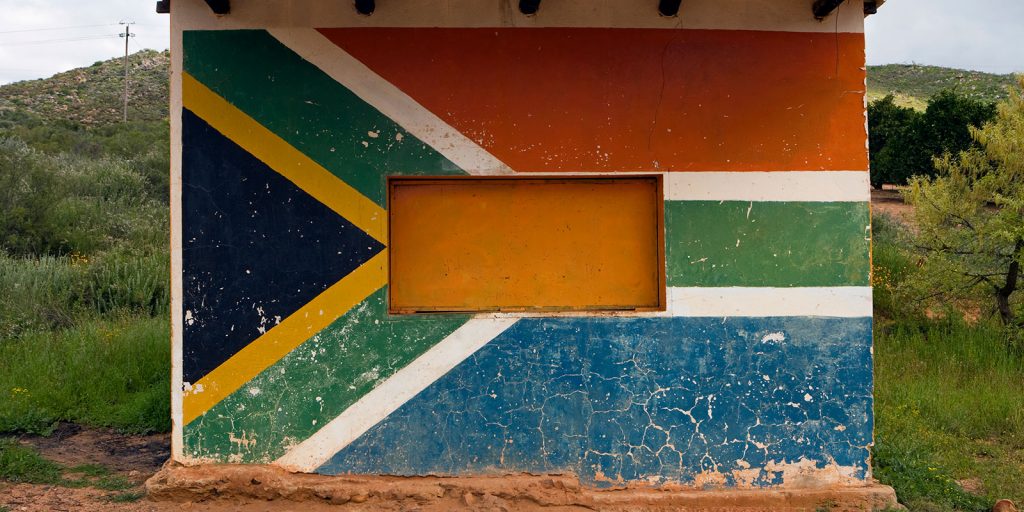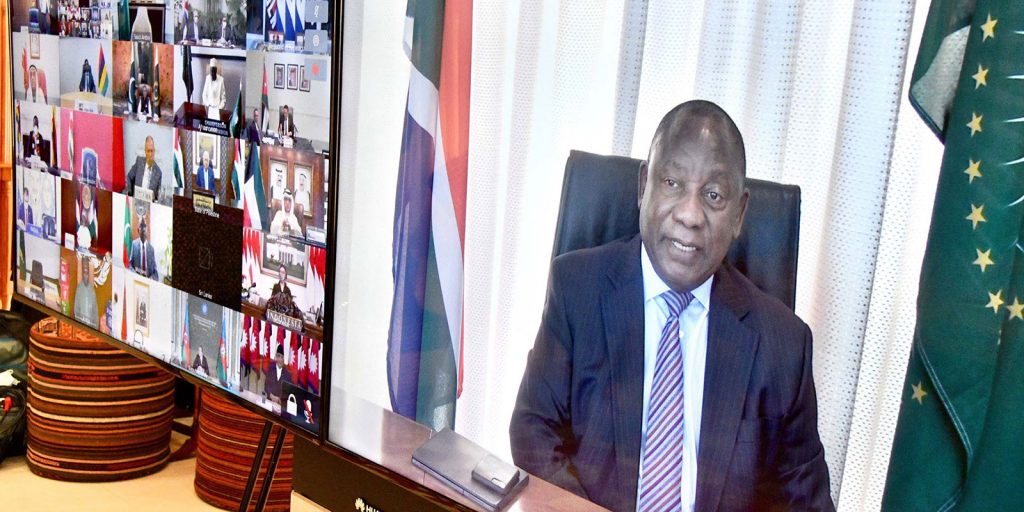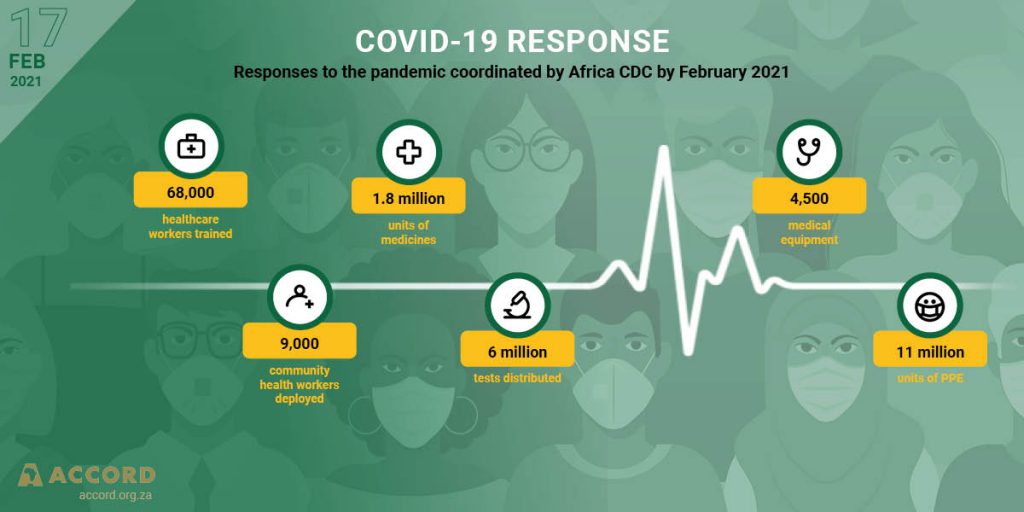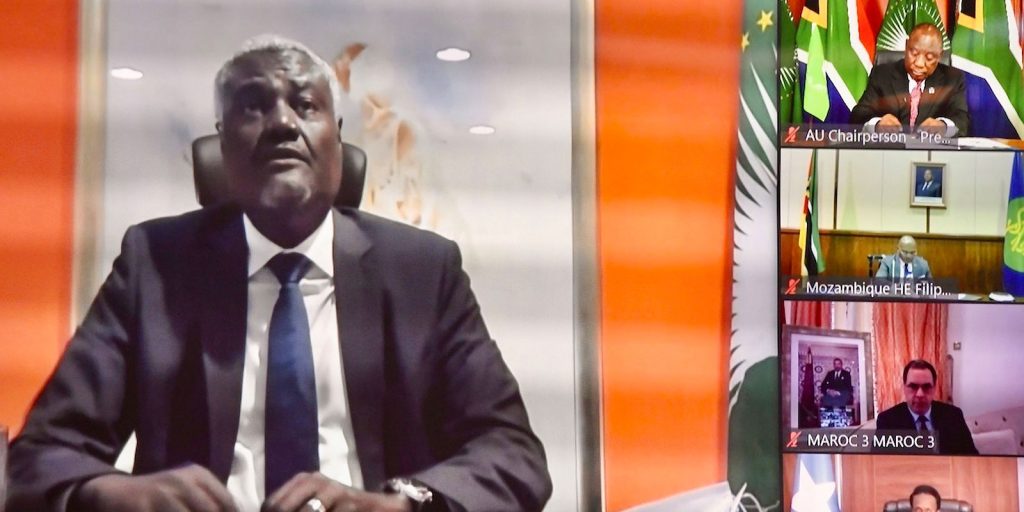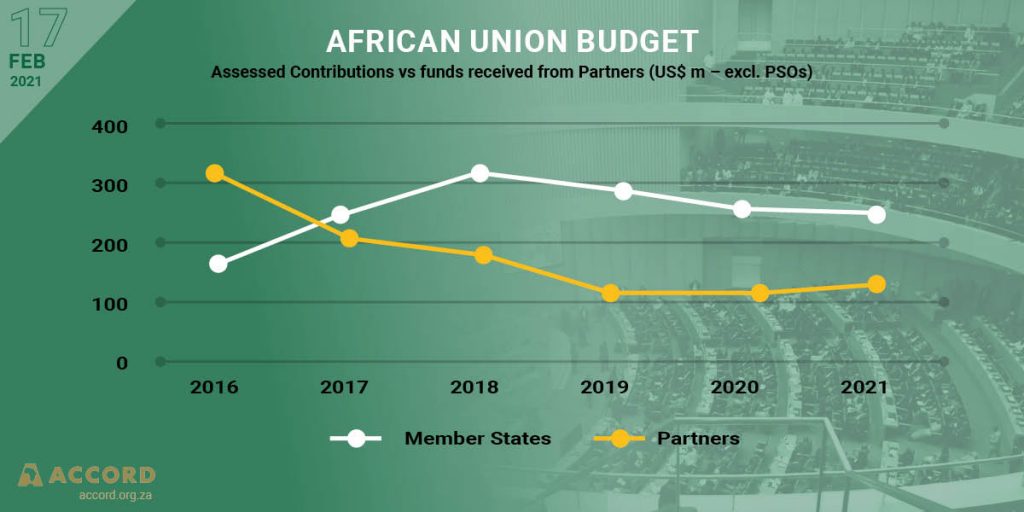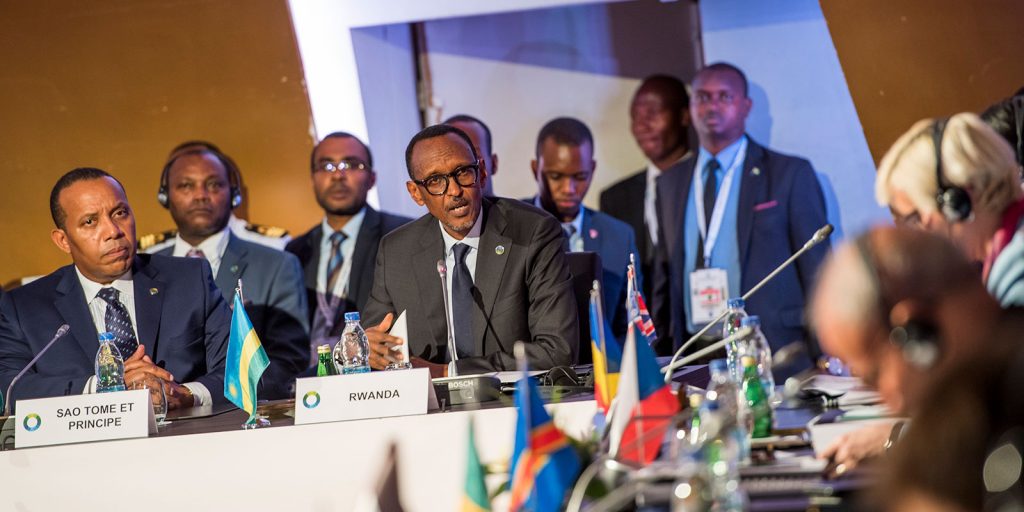
Continuity and Change in European Union-Africa Relations on Peace and Security
The European Union (EU) and the African Union (AU) maintain a long-standing partnership on peace and security which can be qualified as constructive. It is largely based on joint interests and objectives and is less contentious compared to other more challenging topics, such as migration and trade. The EU’s new seven-year budget for 2021 – 2027 introduces new ways of working which impact on how the EU will engage on peace and security in Africa. Most notable in this regard is the establishment of the European Peace Facility (EPF) which can potentially undermine the AU’s role in leading and coordinating peace and security measures on the continent. Moreover, these new developments take place against the backdrop of an overall troubled EU-AU relationship which suffers not only from the divergences in interests in key areas such as migration, trade and climate but also from the consequences of the COVID-19 pandemic, and global geopolitics.

